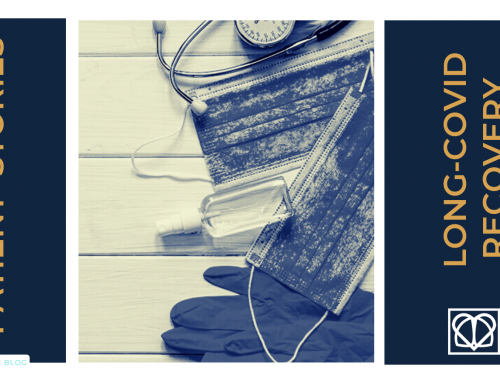
I’m sure I’m not alone in feeling more than a little delighted that we finally seem to have kicked that dreadful Winter into touch! But with the arrival of the warmer weather and all that pollen in the air can comes a less welcome addition: hayfever and other allergies.
It’s no coincidence that Allergy Awareness Week in the UK falls next week (23rd -29th April) and this year the focus is on people living with allergies and how to cope with travelling, both abroad and in the UK. And while this is the theme for this year’s campaign, the reality is that allergy issues occur all year round, so understanding the causes and knowing how to deal with them is crucial – not just for the impending holiday season but throughout the year.
I see a number of patients during the year who struggle with asthma and respiratory allergies. When a patient suffers an allergic reaction it’s as a result of being exposed to substances (allergens) to which they develop a heightened immune response. These substances can be foods (think of nuts for example), stings (especially insects like bees) or even medicines (penicillin would be a good example) but for some, it’s the allergens in the air and general environment (aeroallergens), including:
- pollen – this can be from trees and grasses
- pets such as cats and dogs
- house dust mites
- moulds
The allergic reactions to airborne allergens don’t normally cause anaphylaxis but they can cause some frustrating symptoms that are debilitating to live with and affect a person’s quality of life. This is especially so when you suffer from a lung condition such as asthma as it can trigger an attack. You may find you suffer from a range of symptoms such as irritable airways, coughing, tight chest, wheezing and shortness of breath – all of which can cause you to have disturbed sleep, poor concentration and leave you feeling generally unwell.
For asthma sufferers, this is often referred to as ‘atopic’ or ‘allergic’ asthma, and the issue is way more than suffering from hayfever, it can be life threatening – and because the allergic reaction can be caused by factors such as house mites, moulds and pets, the problem lasts all year round.
House dust mites are one of the biggest causes of asthma, especially in children. They commonly live in any home, and with almost 85% of asthmatic children experiencing allergic reactions to them, they are the most significant trigger for asthma. These mites thrive in our homes because the environment is so ideal for them – the warm and slightly humid environment as a result of the central heating in modern homes has become the perfect breeding ground.
If pollen is the trigger for your asthma then there’s a great article from Asthma UK here that has lots of information about the different types of pollen, when they’re most prevalent and how to deal with them.
Being aware of what triggers your allergic reaction and managing your exposure to those triggers can help reduce the risk of having an asthma attack.
What can you do?
There are a number of simple changes you can make at home and when you’re out and about to minimise the risk of an attack:
- Try to minimise the humidity in the home to prevent the mites from multiplying easily. Investing in a dehumidifier is a great idea to ensure the humidity level is maintained below 55% – especially in the bedroom
- Consider changing the flooring in the home, especially in the bedroom, to wooden or tiled floors instead of carpets
- Use ‘mite proof’ bed linen and change it regularly.
- Wash your bed linen in high temperatures.
- Clean your house regularly. You may need to use a vacuum cleaner that has a HEPA (high efficiency particulate air) filter as this will trap the allergen particles and prevent them from dispersing while you clean.
- Clean hard surfaces with a wet mop or cloth to avoid stirring dry allergens up into the air.
- Keep pets out of the bedroom at all times
If you need help managing your asthma symptoms at any time of the year then get in touch! Respiratory physiotherapy can help by teaching you alleviation strategies to ease your symptoms as well as addressing any issues with your breathing pattern, with the ultimate aim of making you as independent and active as possible. There are also specialist allergy teams that can help define your symptoms and put you on the right track with regards to appropriate medication.




